|
COLONEL ROBERT G. SHAW
There's more to fighting than rest, sir. There's character. There's strength of heart. You should have seen us in action two days ago. We were a sight to see! We'll be ready, sir. When do you want us? A professional writer is an amateur who didn't quit. What's a screenplay?
An honest enough question. It's the starting block (the foundation) for a movie, or TV show. Oh, right. That must be really easy? Turning an idea into a story for a movie. NO! Have you tried writing one? Get back to me when you have. Does that mean you just write dialogue for movies? That's so easy. Anyone can write dialogue. NO! Creating a screenplay (story) is a little more complicated than that. Concept. Theme. Story. Structure. Characters. Dialogue. So on and so forth. Have you had anything produced? Have I seen anything that you've written? No. Not yet. But I'm working on it. Does that mean you're not really a screenwriter? No. I'm a screenwriter. In the same way a novelist is still a novelist, even if they haven't had anything published. So you're an aspiring screenwriter? I write, I am. I want to be a screenwriter. I've always wanted to write a movie. But I don't have enough time to do it. Really? Then you don't really want to be a writer. There are twenty-four hours in a day. Two to three hours a day, that's all you need. Make the time. Find the time. Put in the hours. How should I do that? Read screenplays. Watch movies. But most importantly, start writing, and learn the craft. Why do you do it? Is it to become rich and famous? No. Those are reasons. But they should never be the reasons. I've always wanted to write. And I've always had a love for movies. Quite a diverse group of writers from around the world.
G'MORK I am the servant of the power behind the Nothing. I was sent to kill the only one who could have stopped the Nothing. I lost him in the Swamps of Sadness. His name... was Atreyu. If you wanna write movies, you can't stop when you get pissed on and rejected. Having read a number of screenplays this year, I thought it would be interesting to take a look at the types of issues and problems that might be hampering, and holding back your story. Of course, what one person sees as a problem, another might not. Subjectivity comes into play as usual.
But the issues and problems that are listed below come up time and time again. As a writer myself, I'm embarrassed to say that I do this stuff as well, even now. Over and over again. And it's because I'm not paying enough attention, or giving that project that I'm working on, the time it deserves to make it better. I write far too much, with not enough focus on one particular story at a time. I spread my work-load far too thinly. Many times I will sacrifice quality for quantity. When it should the other way around. Quality should always trump quantity. But that's another story. In no particular order, here they are. Structure, especially how the 2nd ACT kicks off and unfolds. More often than not, it takes quite a while to reach the 2nd Act, and even when we head into this act, it turns into a meandering mess with no clear direction. Format. A lack of basic format will make the story a chore to read. Most readers won't get past the opening pages if they can't understand what's going on, or figure out where the story is meant to be taking place. Download a copy of Celtx. It's free. Reactive and passive main characters. More often than not, the main protagonists react to the situations they find themselves in. Or are completely passive, and do absolutely nothing. As the main characters, they need to be making choices and decisions that ultimately push themselves through the story. Otherwise they become very boring to follow. A long-winded ending. The protagonists have defeated the bad guys, overcome their flaws, and reached their end goal. It's time to get out of this story. However, this doesn't always happen, and the story goes on and on for several more pages while characters discuss what they've just been through. If they've reached their final destination, then it's time to get the hell out of Dodge. The story isn't personal enough for the main character. By making the story extremely personal for the main character, will increase their motivation, reasons and incentive for wanting to progress through the story. They want to hunt down the bad guy, and make them pay for what they did. Far too many time jumps in the opening twenty-five pages. Not only does this slow down the read, but do we really need to see the main characters at various stages of their childhood before the actual story kicks off? Probably not. Get the story rolling as soon as possible. Start the story in present day. Not enough insight into the main character's motivation for doing what they do. We're thrown straight into an opening scene, and expected to understand a character's motivation behind it without any clear explanation. We know nothing about these characters, or where they come from. A line of dialogue or a scene showing us why this character is doing this will go a long way. Pages and pages of dialogue. Characters endlessly talking amongst themselves with no end goal in sight. Quite often, this character dialogue and chatter is extremely boring and mundane, and has absolutely nothing to do with the main story. They're just talking for the sake of talking. It's talking heads. It's been written for one purpose, and one purpose only, to increase the page count. Not only does this slow down the overall pace of the story, but a reader will lose interest very fast, and probably stop reading. Fantasies and dream sequences not properly formatted. It's near impossible to figure out what is meant to be real, and what isn't. And this is down to how these scenes have been formatted on the page. There's a real lack of clarity. This means a reader has to flip pages back and forth while trying to figure this all out. This impedes the read, and will antagonize the reader. Far too many characters. Once you get past ten, fifteen characters, things start getting difficult when it comes to tracking who is who on the page. It might work on the screen, possibly, but not on the page. Having far too many characters also means there's a lack of focus on who we should be following. Who are the main characters in this story? What do they want and need? Having too many characters makes this difficult to do. And takes away from the main character's journey and story. Having way too many characters also increases the amount of dialogue. The structure of the story is far too complicated, with way too many tangents. Making a story more linear in how it unfolds will help a reader. It will be easy to follow, and a reader will know to some extent which direction the story is going. Keep the story simple. The second it becomes over-complicated, a reader will start getting headaches while trying to figure out what the hell is going on in it. Obstacles and hurdles. There's not enough problems for the main character to overcome. Their journey through the story is a breeze in the park, as they navigate their way through it. Throwing challenges at the main characters, whether they be large or small, will make it far more interesting and entertaining, as we'll get to see them figure out ways of overcoming these problems. They'll need to become proactive, rather than passive and reactive. Not enough character development. This includes secondary characters that play quite a significant role in the story. These characters need a little development as well, so that we can understand their choices and actions more. And how they relate to the main characters. The overall tone and genre of the story isn't consistent. There's nothing to indicate what type of story this is going to be in those opening pages and scenes. We have no idea as to what the genre is, and what to expect as the story progresses. If it's a horror, then giving an indication or at the very least hinting that it will be a horror in those opening pages and scenes will go a long way. Is this a gangster movie, or a romantic comedy? What the hell is it? The main character has a serious lack of internal and external goals. We have no idea what they want and need as the main character. Giving them one main goal, or several small goals will give them something to do, and hopefully make them active main characters. Do they have a flaw (internal goal) that they need to overcome by the end of the story in order to defeat the bad guys? Do they learn anything about the world around them, or themselves? It's far too easy for characters to get to know each other. It's far more interesting when characters have a distrust of each other. Making characters work hard to gain the respect and trust of each other is far more entertaining. Having characters fall into each others arms, or into bed without making them work for it is boring, and way too easy. Things should be difficult for them. Flowery language and overwriting. This is definitely a very subjective area. Personally, I don't have a problem with lots of description and writer intrusions if it adds some color to the overall story. It really depends on the genre, and the world the writer is trying to convey to the reader. In a very colorful fantasy world, I'd want to see some good description of the world, but not so in a comedy, or drama. “If you want to be a writer, you must do two things above all others: read a lot and write a lot. There's no way around these two things that I'm aware of, no shortcut.” SUPERGIRL
I've come here to search for the Omegahedron. A power source vital to Argo City. You see, that's where I live. |
Welcome to Russell’s website. A storyteller who enjoys writing screenplays for movies. Even though the process is hard. It keeps his imagination working overtime.
Categories
All
Blog Archives
March 2021
Take a Look
WCMartell
John August Wordplay Craig Mazin Done Deal Pro Movie Bytes London Screenwriters' Festival Screenwriting from Iowa Bang2Write Chris Jones Blog Go Into The Story UK Scriptwriters Nerdist Writer's Panel Deadline The Bitter Script Reader ScreenwritingU Screenplay.com Corey Mandell The Hollywood Reporter Variety WGAW U.S. Copyright Office Inside Film Magazine Screen International Scriptchat Save the Cat The Black List Writers & their Blogs
The Scriptwriter
David Sartof Scripting Life Bamboo Killers Selling Your Screenplay Script Doctor Eric Geoff La Tulippe |
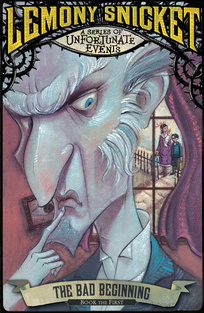
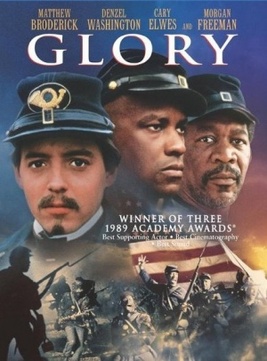
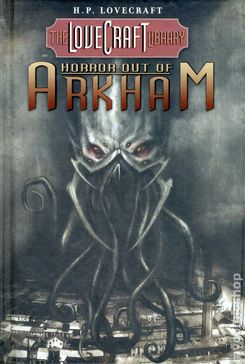
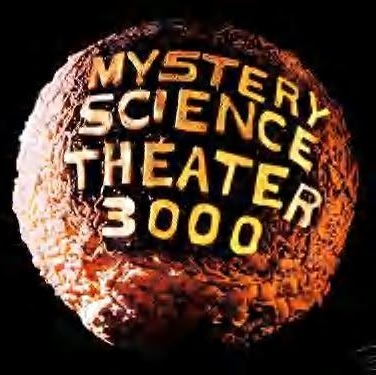
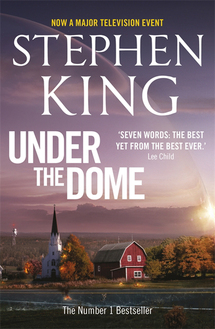


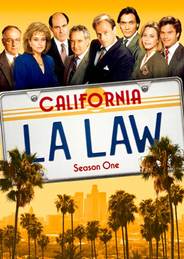
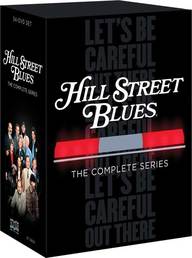
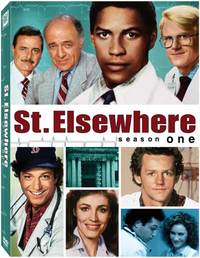
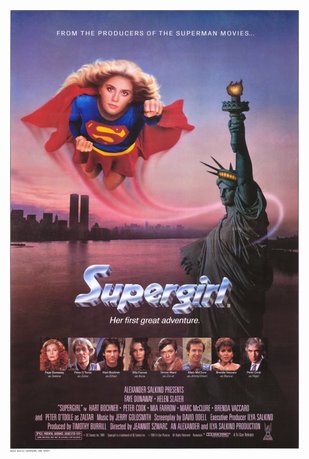
 RSS Feed
RSS Feed
